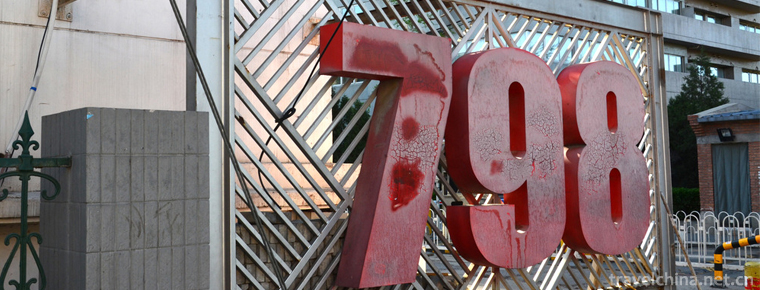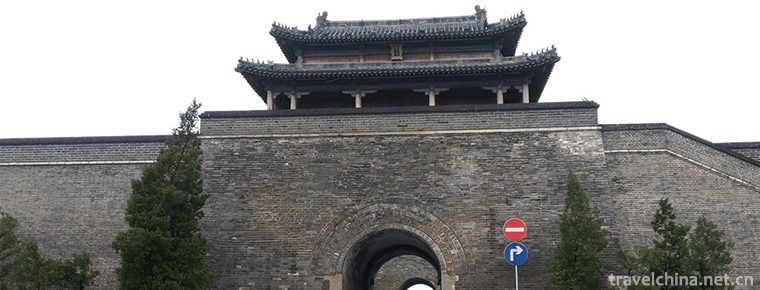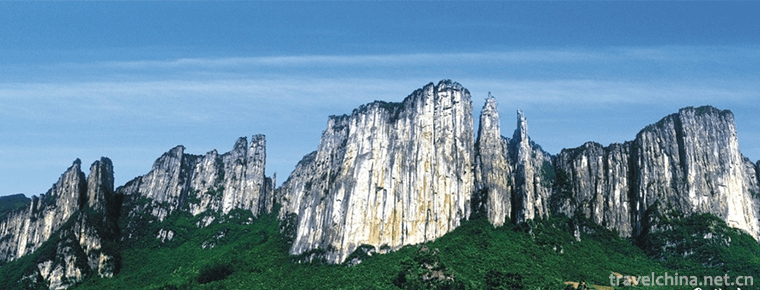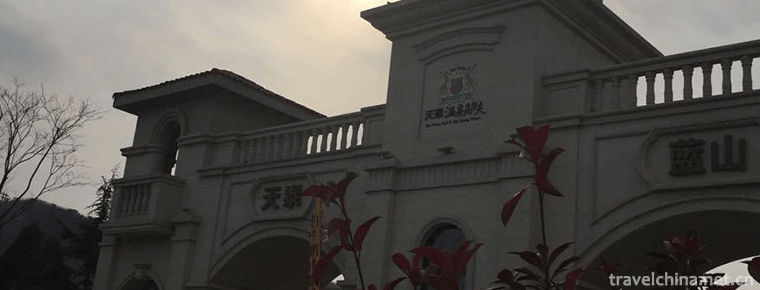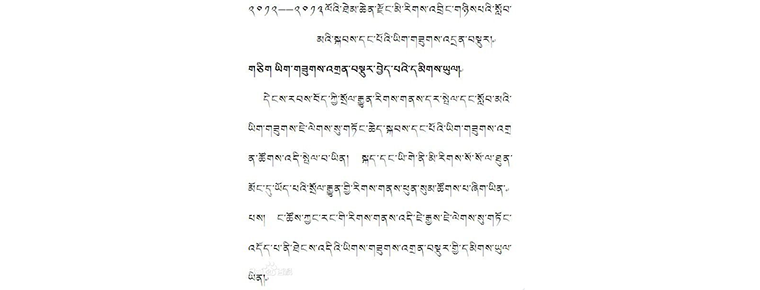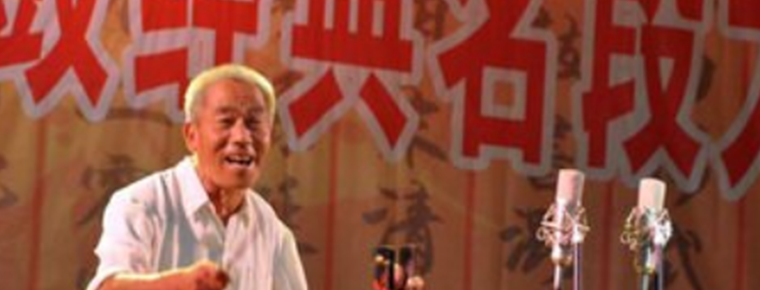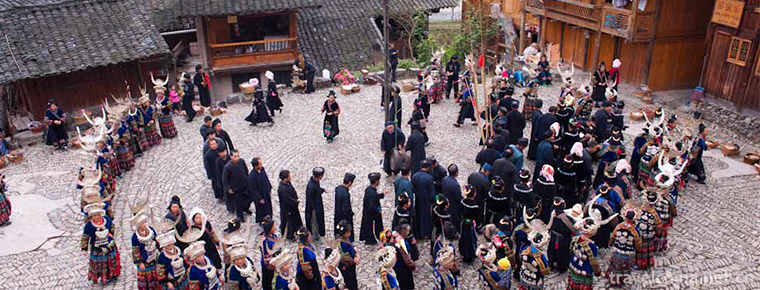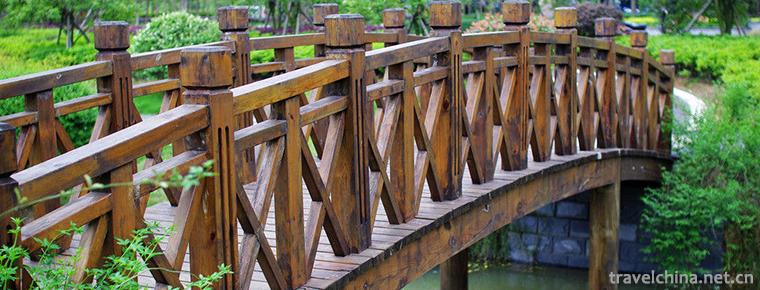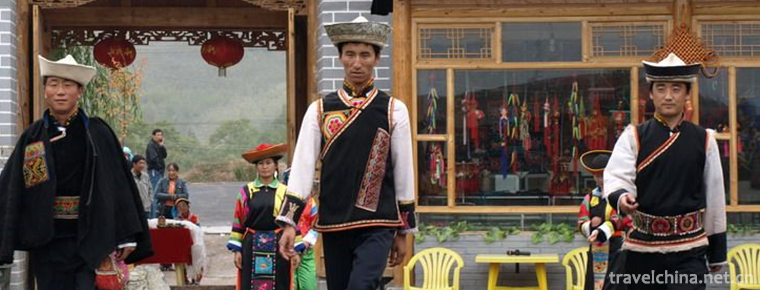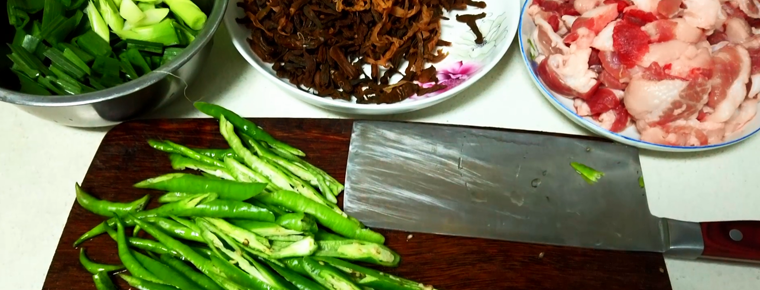Xu Wenchangs Story
Xu Wenchangs Story
Xu Wenchang's Story, a traditional folk tale in Shaoxing City, Zhejiang Province, is one of the national intangible cultural heritage.
The story of Xu Wenchang takes the history of the middle and late Ming Dynasty as the background. From the legend story of Xu Wenchang's youth, "Taking things from the pole", it has been told to his dying legend "Transforming thousands of treasures into treasures". The legend is spread in various ways and rich in content, showing Xu Wenchang's wisdom and versatility, humor, patriotism, close to civilians, contempt for dignitaries and other qualities in an all-round way, with strong Shaoxing characteristics and local flavor.
On June 7, 2008, Xu Wenchang's story was approved by the State Council of the People's Republic of China to be included in the second batch of national intangible cultural heritage catalogues, numbered I-54.
historical origin
Xu Wenchang's story is one of the important tales of witty characters of the Han nationality, which originated in the middle and late Ming Dynasty and has lasted for a long time. As a folk oral creation, Xu Wenchang's stories are based on anecdotes and interesting stories of the historical figure Xu Wei (Ziwenchang). They also absorb a large number of tales of witty people. They are widely spread in Shaoxing and other southern areas of the Yangtze River. They are becoming more and more abundant over three hundred articles.
Cultural characteristics
artistic characteristics
"Xu Wenchang's Story" takes the history of the middle and late Ming Dynasty as the background, from the legendary story of Xu Wenchang's youth "Taking things from the pole" to his last words "Transforming millions of treasures into treasures". The content of the story includes: punishing local tyrants and evil gentry, fighting against Japanese aggressors'miraculous achievements; outstanding poetry, couplets and calligraphy and painting; Wisdom and plan to solve difficult problems; bitter irony to the enemy; care for friends and the people below. It reflects Xu Wenchang's super talent and his personality and quality that "power can not be surrendered, wealth can not be lewd, and poverty can not be removed".
Story features
Xu Wenchang's story has the following characteristics: it has a long history, which has been handed down spontaneously for more than 400 years; it has a wide range of regions. It not only spreads all over Shaoxing, but also radiates the places where Chinese people live in Jiangsu, Zhejiang, Shanghai and even overseas. It is rich in content and shows Xu Wenchang's wisdom, humor and patriotism in an all-round way. They are close to civilians, contempt for power and nobility, punishment for corruption and so on. They have various forms, and their places and ways of transmission are not fixed and arbitrary.
Xu Wenchang's stories have important value in Chinese folk literature, and at the same time, they provide useful information for biographical literature and historical research.
Manifestation
As a folk oral creation, Xu Wenchang's stories are based on anecdotes and interesting stories of the historical figure Xu Wei (Ziwenchang). They also absorb a large number of tales of witty people. They are widely circulated in Shaoxing and other southern areas of the Yangtze River. They are becoming more and more abundant day by day. There are about 300 articles collected by Wu Chuan-lai. It was handed down orally by Wu in the form of storytelling, along with articles.
Inheritance and Protection
Inheritance value
Literary value: It is not only a popular subject of Chinese folk literature, but also a popular subject of creation and adaptation of literary and artistic styles such as poetry, prose, sketches, movies, dramas, and quyi.
Historic value: The stories of Xu Wenchang passed down by the people have certain research value for painting history, calligraphy history, anti-Japanese history, couplet history, imperial examination history, pawn history and shipping history, and provide valuable information.
Humanistic value: In the process of spreading the story, the historical figure Xu Wenchang and Shaoxing Shiye's local historical events, cultural relics, natural scenery and social customs are combined to reflect the humanities and folk customs of Vietnam. The study of Shaoxing regional culture and folklore is of great value.
Current situation of inheritance
Due to the impact of modern culture, Xu Wenchang's storytellers have been short of successors, and the form of storytelling has gradually faded out and decreased. The continuous enrichment of modern media means has brought great impact on the storytelling of Chinese folk tales. Therefore, rescuing and protecting Xu Wenchang's story is imminent.
Heritage figures
Wu Chuanlai, male, was named as the representative successor of the second batch of national intangible cultural heritage projects in 2008, and declared in Shaoxing, Zhejiang Province. Project Name: Xu Wenchang's Story.
protective measures
In Shaoxing, there is an old man named Wu Chuan. He liked to listen to stories when he was young. He loved collecting and telling stories all his life. With his accumulated collection and telling, these folktales have been effectively protected and passed on.
social influence
Honorary recognition
"Xu Wenchang's Story" has important value in folk literature, and at the same time, it provides useful information for biographical literature and historical research.
Important activities
Wu's spare time is basically used to collect, record and tell stories. Not only is Xu Wenchang, but he also collects many stories about Shaoxing Master and Shaoxing Taimen Lane Hall, and has been collating and publishing them one after another. At present, there are more than 300 stories of Xu Wenchang collected by him.

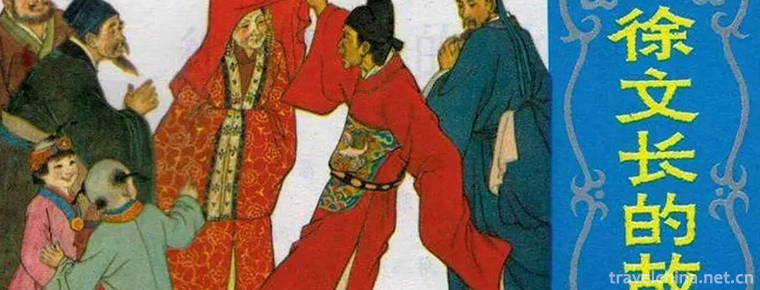
-
798 Art Area
Da Shan Zi area, Jiuxianqiao street, Chaoyang District, Beijing, China.
Views: 861 Time 2018-10-12 -
Qu Fuming Gucheng
Qufuming Old Town: World Cultural Heritage, one of the three holy cities in the world, national AAAAA tourist attractions, National Scenic spots, national key cultural relics protection units, one of .
Views: 171 Time 2018-12-08 -
Enshi Grand Canyon
Enshi Grand Canyon is located in Tunpu Township and Banqiao Township, Enshi City, Hubei Province. It is located at the junction of Hunan, Chongqing and Hubei provinces. It is the most beautiful sectio.
Views: 157 Time 2018-12-12 -
Tiantai Hot Spring Resort
Tiantai Hot Spring Resort is located in Jimo Hot Spring Town. It has 27 holes of international championship grade Mountain Golf course. It is a large high-end rural resort centre integrating food.
Views: 344 Time 2019-02-22 -
Tibetan calligraphy
Tibetan calligraphy is an important part of Tibetan culture and art. In the seventh century AD, during the Zampson Zangganbu period of Tubo, minister Tunmi Sampuza absorbed the advantages of different.
Views: 148 Time 2019-04-05 -
Lu an drum
Luan drum is a traditional drum book and drum music form with distinct regional characteristics in the north, also known as the "old tune of Lu'an". It is named for its popularity in the are.
Views: 438 Time 2019-05-15 -
Miao Lusheng Dance
Lusheng dance, also known as "stepping on Lusheng" and "stepping on the singing hall", is named for its accompaniment and self-boasting dance. It spreads in the Miao, Dong, Buyi, S.
Views: 157 Time 2019-06-05 -
Traditional Building Techniques of Wood Arch Bridge
The traditional construction techniques of Chinese wooden arch bridges mainly include site selection, abutment construction, level measurement, arch erection, upper scissors seedling, instant leg erec.
Views: 217 Time 2019-06-06 -
Tu Costume
Women usually wear embroidered small collar and long slant-skinned shirt. The sleeves are made of red, yellow, orange, blue, white, green and black seven-color cloth rings. They are bright and beautif.
Views: 188 Time 2019-06-23 -
Stir fried pork with salted vegetables
Stewed pork with dried plum is a famous traditional flavor dish in Shaoxing, Zhejiang Province. The main raw materials are dried plum and streaky pork. Dried vegetables absorb meat fat to remove astri.
Views: 461 Time 2020-03-18 -
Your smile is so beautiful Tik Tok Songs 2020 Hot Songs
The most pleasant thing is to listen to a song like the spring breeze, pure and clean children's voice washing the city's dusty heart..
Views: 423 Time 2020-05-21 -
Xiaoxiangling scenic spot
The synonym Xiaoxiangling generally refers to Xiaoxiangling scenic spot.
Views: 158 Time 2020-10-16
